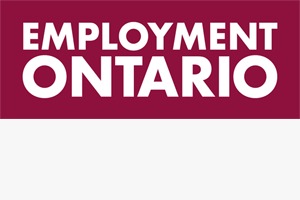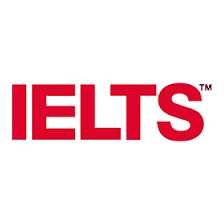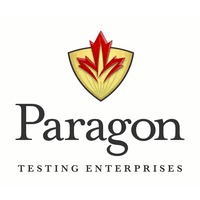Foreign nationals from visa-exempt countries entering Canada by air, including those transiting through Canada, will require an Electronic Travel Authorization (eTA). Exceptions include U.S. citizens and travellers with a valid visa. Entry requirements for those coming to Canada by land and sea have not changed.
An eTA is electronically linked to the traveller’s passport and is valid for five years or until the passport expires, whichever comes first. Applications for eTA’s are done online on the IRCC website, and in most cases the authorization will be issued immediately after submitting the online form.
- Submit a visit visa application to the responsible Canadian visa office in your country or region.
- You may need to attend an interview where the visa officer will verify:
- Your reasons for visiting Canada.
- Your ability or willingness to leave Canada when the visa expires.
- Your overall admissibility to Canada.
- A visit visa is issued and you can come to Canada. At the port of entry an immigration officer will question the applicant to ensure admissibility.
A visitor visa may be for single entry or multiple entry use. Single entry visas may be issued up to six months before the expected date of travel. The maximum validity date for multiple entry visitor visas is up to ten (10) years or one month prior to the expiry date on the passport/re-entry visa, whichever is earlier. POE officers will routinely grant entry for a period of six months to a person requesting entry as a visitor.
A foreign national who has an immigrant visa already in process is not prohibited from applying for a temporary resident visa.
If you need an eTA, it is recommended that you apply for it when you plan your trip, as opposed to waiting until you are ready to travel. As well, you must travel to Canada with the passport you used to get your eTA. If you require an eTA, you can only apply for one person at a time. For example, for a family of three, you must complete and submit the form three times.

























 Make Call
Make Call